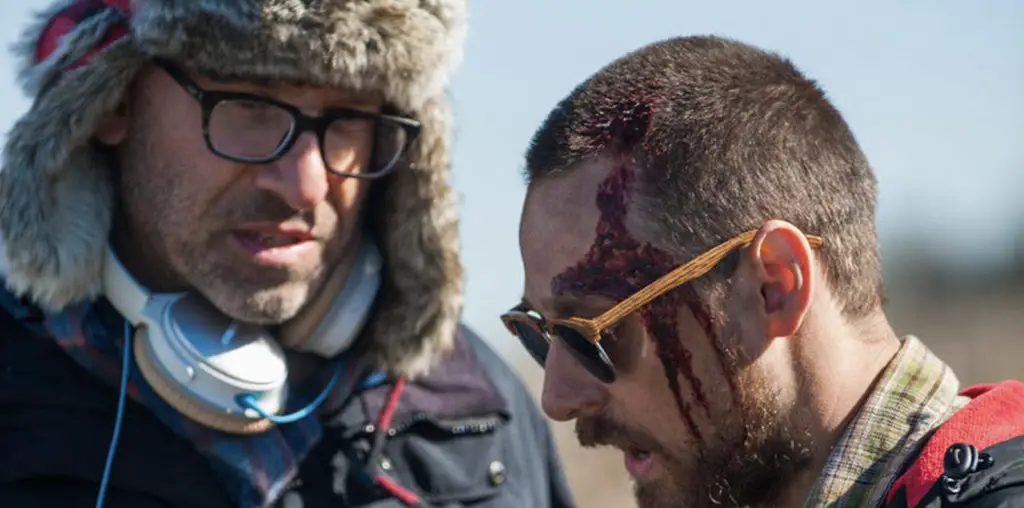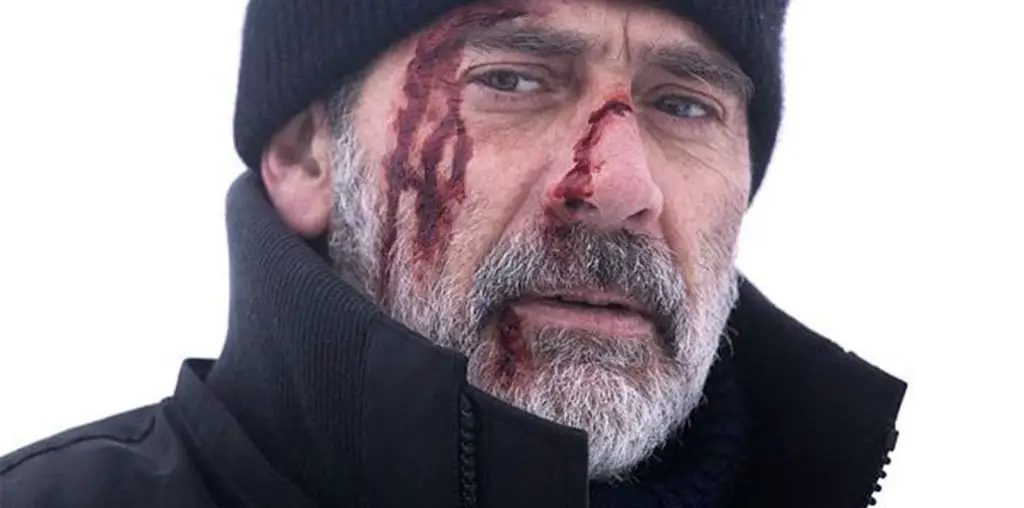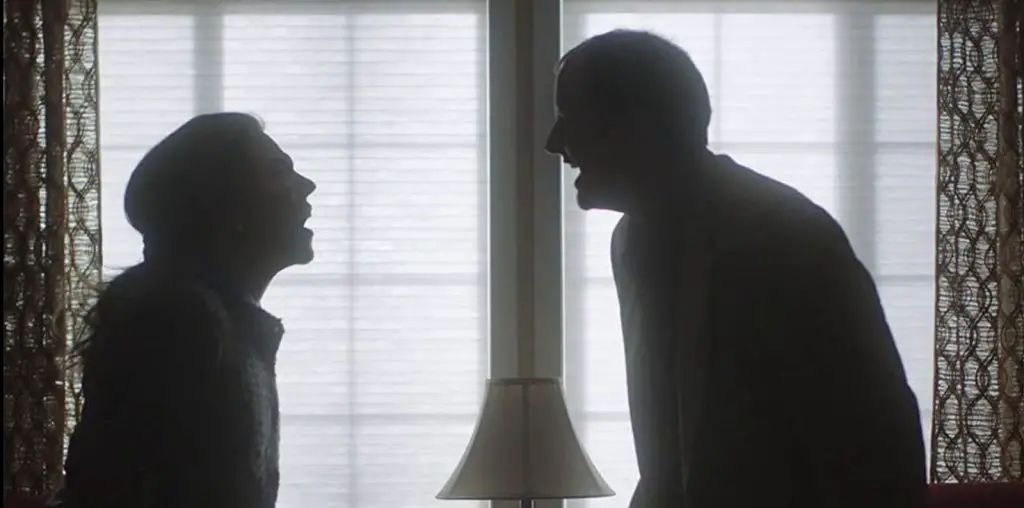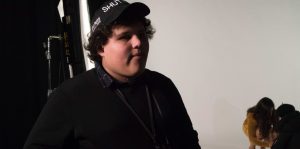
What was your inspiration for making both Shutter’s narrative and the style in which you shot it?
Shutter was born from my love for the genre and stories like Sherlock Holmes, Seven, and Silence of the Lambs. With Shutter, I wanted to see If I could tackle and work within the confines of a thriller and bring my perspective. The project was also born with the idea of the power of a photograph as it can create happiness and, at the same time, damage people. This motivated some of my directorial decisions and stylistic choices throughout the movie. In a way, the camera “killing” a person represents how a person’s life can be affected and destroyed with a single picture. In terms of style, some of the references that director of photography Alex Zajicek and I studied was Nicolas Winding Refn and Natasha Braier’s The Neon Demon and Dan Gilroy’s work in Nightcrawler.
Where do you want to be as a filmmaker in the next year, five years, or ten years?
For the short term, the team and I from Shutter are looking to continue our current successful festival run, hoping that restrictions will ease soon, allowing us to attend more screenings around the world. I am also currently developing my next short with the hopes of shooting in 16mm. In the long term, I am also developing feature film and TV series ideas that will hopefully lead me to direct my first feature-length movie. Also, I am exploring new technologies like VR and taking my photography hobby to further new experimental narratives.
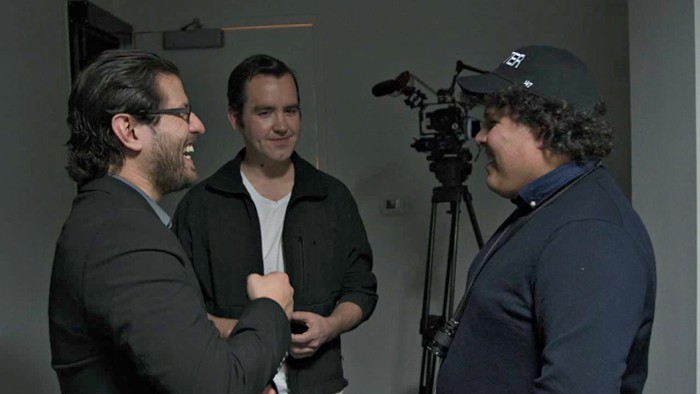
“…festivals have the potential to broaden your audience and expand your network.”
What was the festival experience like for you with your short movies? What did you glean from the experience that was helpful to you as a filmmaker?
Festivals always bring anxiousness from expecting good results while waiting for the outcome. They also carry many positive experiences, even when the outcome is not as expected. As an independent filmmaker, I learned festivals help market a movie and to connect with audiences. My learning process has been through trial and error, seeing what hits and what doesn’t with festivals. I also study successful festival runs by my colleagues, trying to find new ways to promote independent movies. The experience can be scary, frustrating, and discouraging. I mean, you send the film to a remote place in the world, someone judges it, then a few months later, they send you a notification without much context of why they reached the decision.
However, if you have the right mindset, there is always something to learn in the process, despite the decision. When you are lucky enough to have a positive response, festivals have the potential to broaden your audience and expand your network. One of the most pleasant surprises is receiving emails from programmers inquiring about a film after it catches their eyes thanks to an interview, a screening, or references from their colleagues in the film festival industry. It is an honor being selected in a festival, disregarding the popularity, size, and resources, because the industry is looking for talent everywhere. Thankfully, I have been lucky enough to attend and screen my shorts at festivals like Cannes, among others in LA. These opportunities have allowed me to expand my network. I have always been fascinated and inspired by my colleagues’ heartwarming stories that ultimately celebrate cinema’s art. I couldn’t be prouder to be part of the community.
